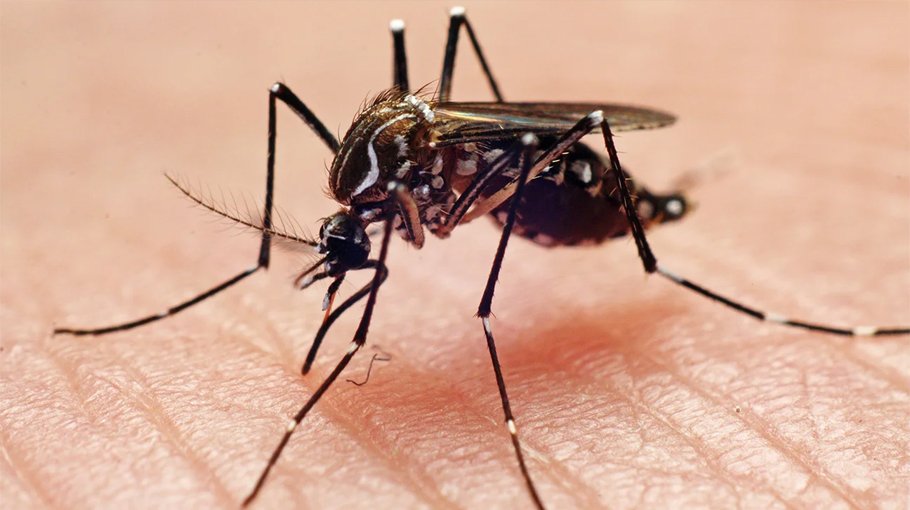Experts for initiative to avert dengue epidemic
Experts urge

Health experts on Thursday focused on taking massive efforts to avert dengue epidemic as the mosquito-borne disease is taking alarmingly turn with recording significant number of dengue patients and deaths in the country this year.
"All relevant organizations should take urgent initiative to control dengue outbreak as Bangladesh is in grip of dengue disease," Director of The Institute of Epidemiology, Disease Control and Research (IEDCR) Prof DrTahminaShirin told BSS on Thursday.
She said, "Community engagement is very crucial to control dengue disease. Every household in major cities has to be brought under daily surveillance to destroy any potential sources of Adedes mosquito."
The IEDCR Director said people's awareness is also a crucial factor particularly in urban areas to bring the mosquito-borne viral disease under control which prevalence has risen sharply in the country this year.
Tahmina described community mobilization as the most effective initiative to control dengue outbreak as dengue positive cases are increasing sharply putting a heavy pressure on entire healthcare system and livelihoods of common people.
Dengue infection rate will increase in next couple months as rainy season may prolong this year, she added.
Tahmina laid emphasis on taking integrated efforts to tackle dengue disease and said that it is impossible for a single institution to handle the menace.
Analyzing life cycle of Aedes mosquito, Former Additional Director General of the Directorate General of Health Services (DGHS) Prof DrSanyaTahmina termed it as a domestic species and said its management system will be different from other species of mosquito.
"So, it is very important to understand reproductive nature and life cycle of Aedes mosquito to take effective measures for prevention of Dengue outbreak," Sanya added.
City dwellers must be cautious about stagnant water which is the main source of breeding of Aedes mosquito, she said, adding that even a small quantity of water can grow Aedes mosquitoes leading to the spread of such deadly disease.
Sanya said even if a small quantity of water is left stagnant in any broken pot, tyre, vas or container inside and outside homes and offices, it can be breeding ground for Aedes mosquitoes.
She urged the city dwellers to remain careful about sources of stagnant water as most of the people in the country have utter negligence to keep their surroundings neat and clean. In recent times, rooftop gardening has become popular in urban setting, which is also congenial for mosquito breeding, Sanya added.
Sanya attributed the dengue outbreak to extreme weather events caused by adverse impact of global warming, saying the whole world is struggling with dengue disease.
Although dengue cases were detected for the first time in 2000, but it has emerged a public health problem since 2016 as a significant number of dengue positive cases were detected in Bangladesh, Tahmina said.
Dengue infection rate is very high in tropical countries including Bangladesh other experts said adding dengue disease has emerged as global health burden as dengue positive cases are increasing alarmingly across the world.
All types of dengue positive cases need immediate hospitalization to reduce dengue-related deaths, they added.
Nine dengue patients died and 2,288 were admitted to different hospitals in the country during the last 24 hours till 8am today.
"This year, 444 deaths, the highest in a year since dengue was detected in 2000, were reported from dengue disease while 281 died last year," a press release of the Directorate General of Health Services (DGHS) said.
The numbers of dengue positive cases so far have stood at 94,312, the statement said.



